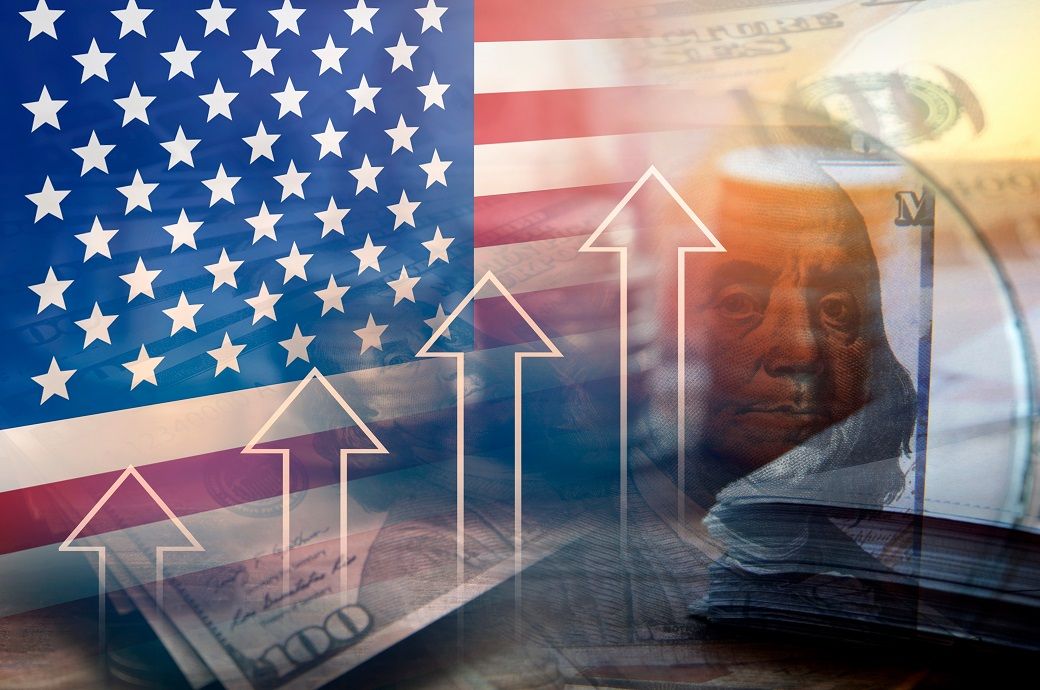

While only a small portion are worried about short-term availability of goods, skepticism about Trump’s tariff policies is high—52 per cent oppose tariffs in general, 59 per cent believe he has gone too far, and 76 per cent expect consumer prices to rise as a result. Public opinion is split on the tariffs’ impact on employment, with roughly equal numbers predicting job increases and losses, though half of adults believe these policies will boost domestic manufacturing.
A significant portion of the population experiences minor stress due to personal finances, retirement savings, the national economy, and the stock market, with two-thirds of people describing the national economy as being in poor condition. However, views on the economy and tariffs are highly partisan.
About 60 per cent of Republicans believe the national economy is in good shape and express less concern about a recession, while more than 80 per cent of Democrats disagree, voicing greater concern about both the economy and the possibility of a recession. On the issue of tariffs, 82 per cent of Democrats oppose them, with 62 per cent strongly opposed, whereas 55 per cent of Republicans support tariffs, including 27 per cent who are strongly in favour. This divide illustrates how economic issues are increasingly viewed through a political lens, with stark differences between the parties on both economic outlook and policy, according to The Associated Press-NORC Centre for Public Affairs Research.
A large majority of Democrats believe that Trump has gone too far with his tariffs on other countries, while most Republicans feel his approach is appropriate. Although there is partisan disagreement on the strategy, both Democrats and Republicans largely agree that the tariffs are likely to increase the cost of consumer goods in the United States. However, Republicans are more optimistic about the potential benefits for domestic jobs and manufacturing compared to Democrats.
In the short term, many people express concerns about the economy. Six in ten are worried about the rising cost of groceries, and about half are concerned about a potential recession and the prices of major consumer purchases. Concerns about the availability of goods are somewhat lower. Overall, Democrats and independents tend to be more concerned about these economic issues than Republicans.
Fibre2Fashion News Desk (RR)